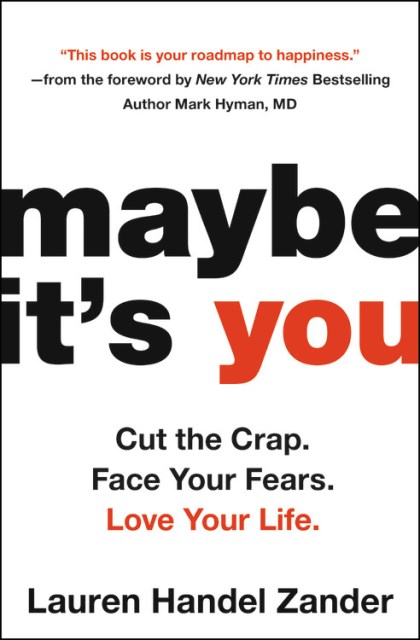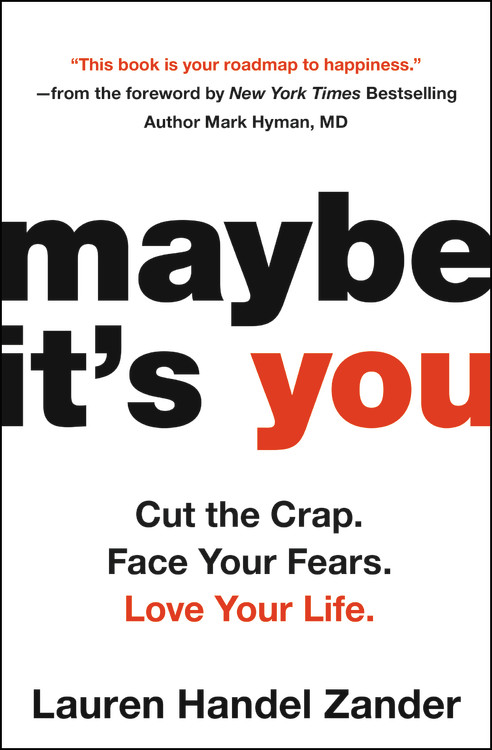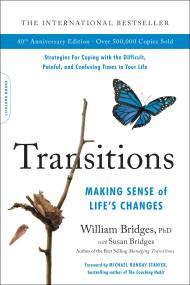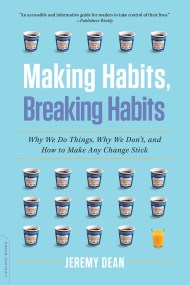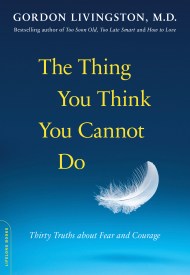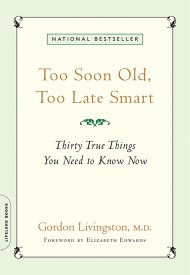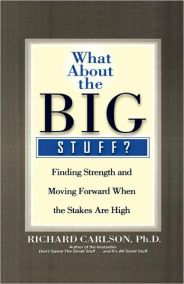By clicking “Accept,” you agree to the use of cookies and similar technologies on your device as set forth in our Cookie Policy and our Privacy Policy. Please note that certain cookies are essential for this website to function properly and do not require user consent to be deployed.
Maybe It’s You
Cut the Crap. Face Your Fears. Love Your Life.
Contributors
Formats and Prices
- On Sale
- Apr 3, 2018
- Page Count
- 256 pages
- Publisher
- Grand Central Publishing
- ISBN-13
- 9780316318679
Price
$18.99Price
$24.99 CADFormat
Format:
- Trade Paperback $18.99 $24.99 CAD
- Audiobook (via Podcast App) $24.99
- Hardcover $36.00 $46.00 CAD
This item is a preorder. Your payment method will be charged immediately, and the product is expected to ship on or around April 3, 2018. This date is subject to change due to shipping delays beyond our control.
Buy from Other Retailers:
In Maybe It’s You, life coach Lauren Handel Zander walks readers through the innovative step-by-step process that has transformed the lives of tens of thousands of her clients, and explains how anyone can achieve amazing things when we stop lying and finally start keeping the promises we make to ourselves. Whether readers want to find love, succeed at work, fix a fractured relationship, or lose weight, Zander’s method will offer a road map to finally get there. Filled with practical exercises, inspiring client stories, and Lauren’s own hard-won lessons, this book enables readers to identify, articulate, and account for their own setbacks so they can transform them into strengths.
-
"Lauren Zander has taught me important lessons required to live a life with the most integrity, the most success, and most importantly--the most fun. My business is killing it, my personal life is the best it's ever been, and my social life is fully loving. Lauren has forced me to face myself over and over again until I am happy."Miki Agrawal, CEO and cofounder of THINX, and author of Do Cool Sh*t
-
"Lauren and her method have helped me rewrite my inner dialogue, connect deeply to my family, and evolve my excuses so I can be the partner, the mother, the daughter, the sister, and the teacher I've always dreamed I could be."Elena Brower, author of Art of Attention
-
"Lauren Zander is a unique talent with unique insight into the human condition. I have seen her method transform dozens of students over more than a decade of teaching at my university. Now this important work can reach the mass audience it deserves--transforming readers across the world."David Mindell, professor, MIT
-
"Profound and enlightening. Will also make you smile and laugh. And, most importantly, if taken seriously, it can be transformative. You'll be recommending it to your family and friends who you care about."Marc Wais, senior vice president for student affairs, New York University
-
"Change takes work! I'm so glad that there is a book that doesn't sugarcoat anything.... This book is only for people who are ready for change and to face everything holding them back. You're not alone; I'm on the journey too!"Michelle Williams, Destiny's Child
-
"Practical and inspiring, Zander's [Maybe It's You] shows how owning up to setbacks and shortcomings can turn them into strengths."Success magazine
Newsletter Signup
By clicking ‘Sign Up,’ I acknowledge that I have read and agree to Hachette Book Group’s Privacy Policy and Terms of Use
